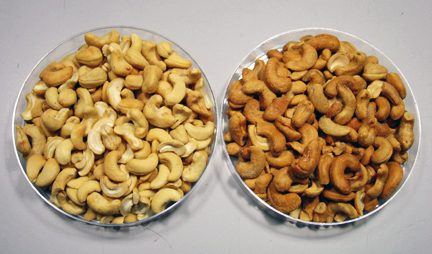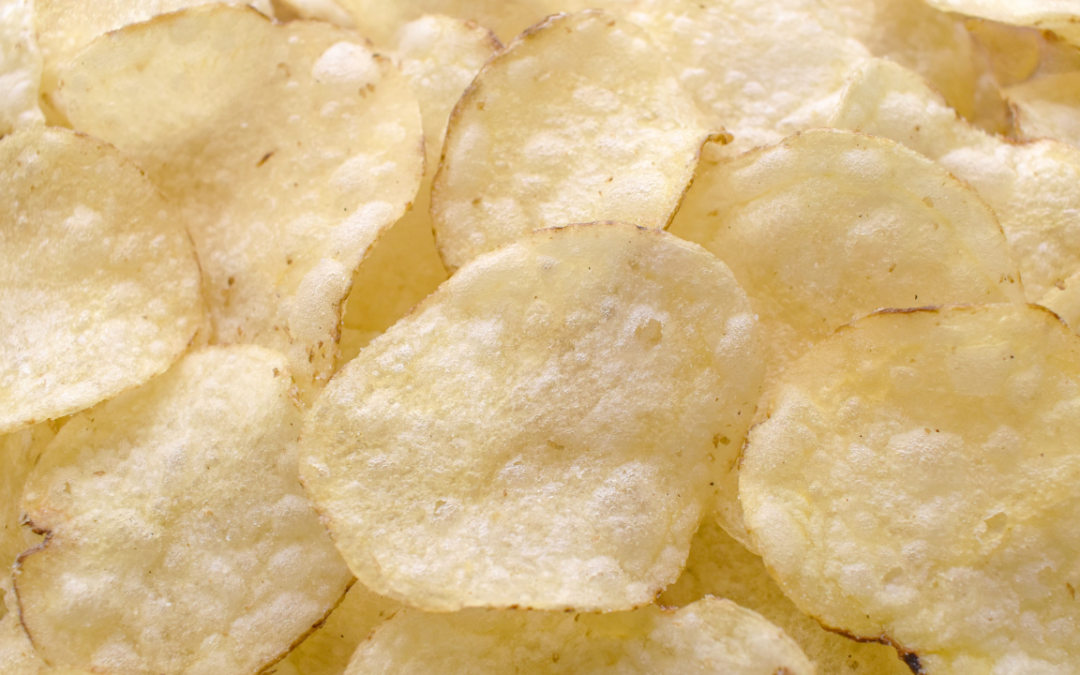

In addition to the exact measurement of the CIE L*a*b* color values, the reliable determination of various color numbers, such as the EP color number EP 2.2.2, the USP color number, the Apha color number or the determination of the Haze value in the analysis of pharmaceutical liquids is also required. When measuring color in transmission, often only very small quantities of the product are available.
Available color numbers:
- EP (European Pharmacopeia)
- USP (US Pharmacopeia)
- CS (Chinese Pharmacopeia)
- Apha
- Gardner
- Lovibond
- Saybolt
With the UltraScan VIS spectrophotometer, transparent liquid pharmaceutical products can be precisely measured in transmission. In the EasyMatch QC software, all color numbers commonly used in the pharmaceutical industry can be calculated and displayed immediately in addition to the standard color scales (see box). If you only want to use very small sample quantities, HunterLab offers various holders and cuvettes that can be used to measure quantities from approx. 300 µl. The layer thickness of 1.0 cm is retained for reliable measurement.
The measurement is very simple:
- Fill the cuvette with liquid
- Insert the cuvette into the holder
- Trigger measurement
- Read measured values in the software
The accessories
The following cuvettes with matching holder:
- Rectangular cells with layer thicknesses from 2 mm to 50 mm
- Macro cuvettes (from 2.5 ml)
- Semi-microcuvettes (from 0.6 ml)
- Ultra-microcuvettes (from 300 µl)





